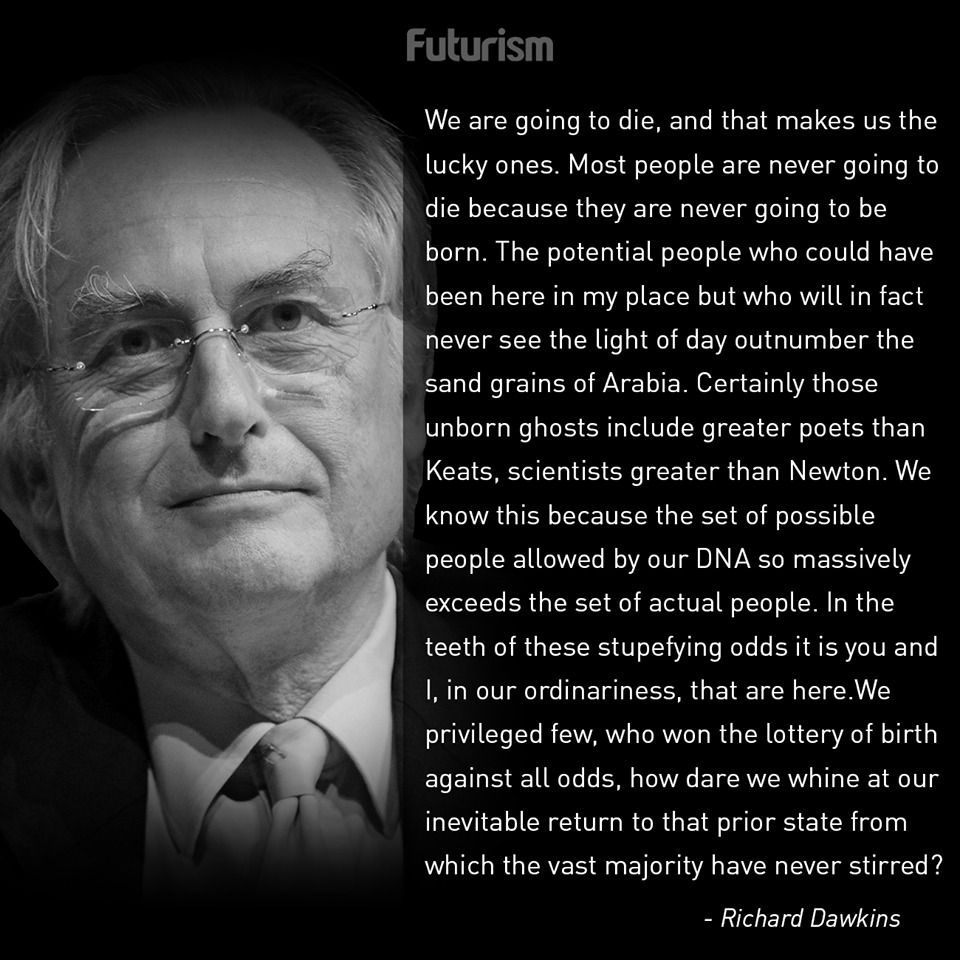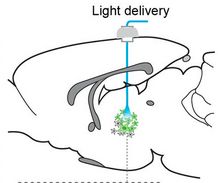
Researchers in Japan have found that human aging may be able to be delayed or even reversed, at least at the most basic level of human cell lines. In the process, the scientists from the University of Tsukuba also found that regulation of two genes is related to how we age.
The new findings challenge one of the current popular theories of aging, that lays the blame for humans’ inevitable downhill slide with mutations that accumulate in our mitochondrial DNA over time. Mitochondrion are sometimes likened to a cellular “furnace” that produces energy through cellular respiration. Damage to the mitochondrial DNA results in changes or mutations in the DNA sequence that build up and are associated with familiar signs of aging like hair loss, osteoporosis and, of course, reduced lifespan.
So goes the theory, at least. But the Tsukuba researchers suggest that something else may be going on within our cells. Their research indicates that the issue may not be that mitochondrial DNA become damaged, but rather that genes get turned “off” or “on” over time. Most intriguing, the team led by Professor Jun-Ichi Hayashi was able to flip the switches on a few genes back to their youthful position, effectively reversing the aging process.
Read more

















